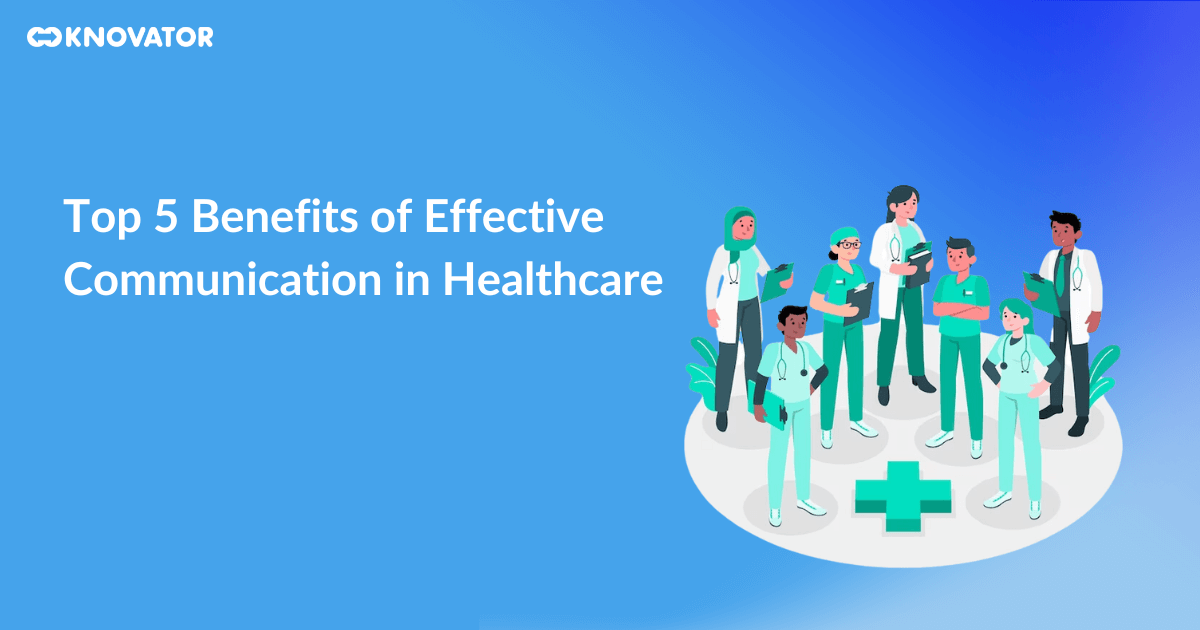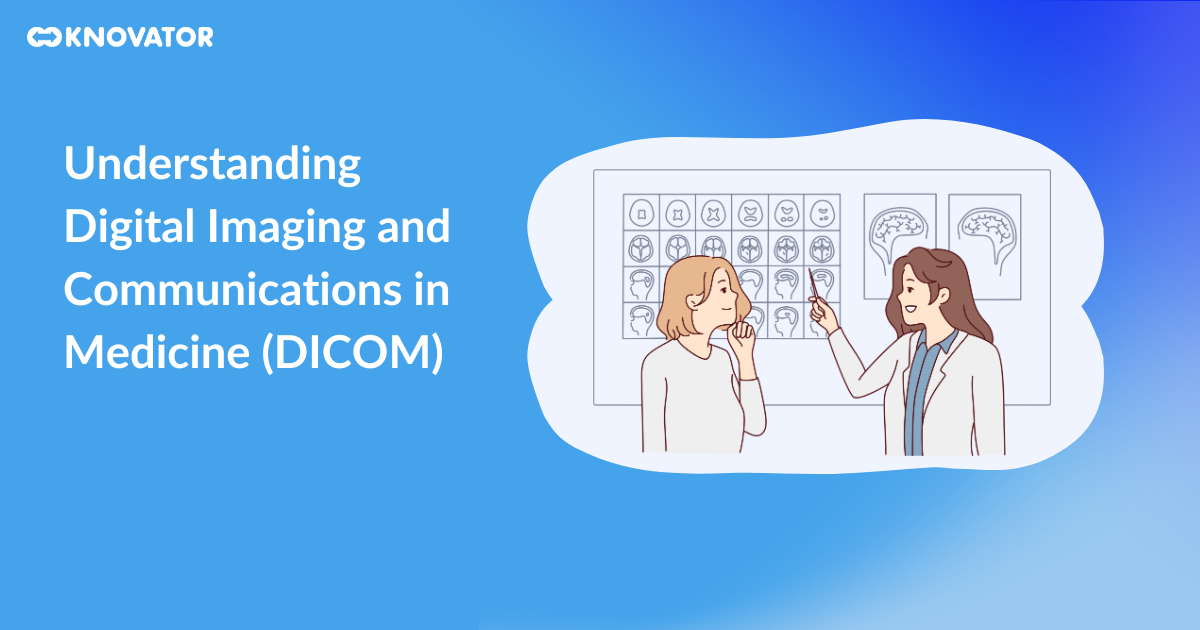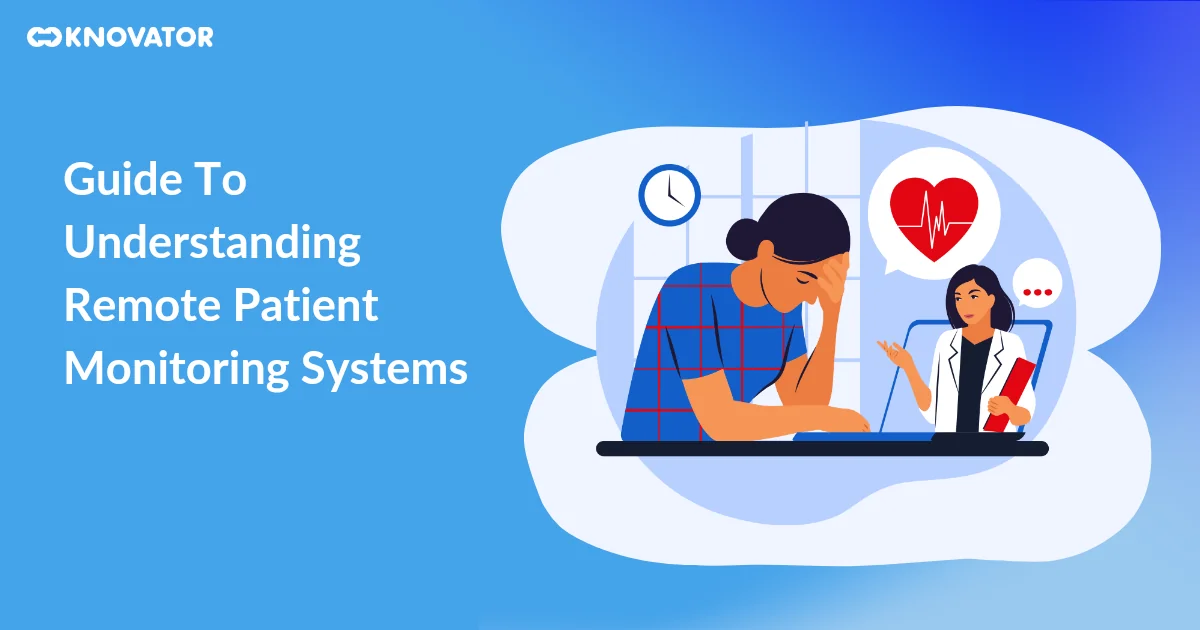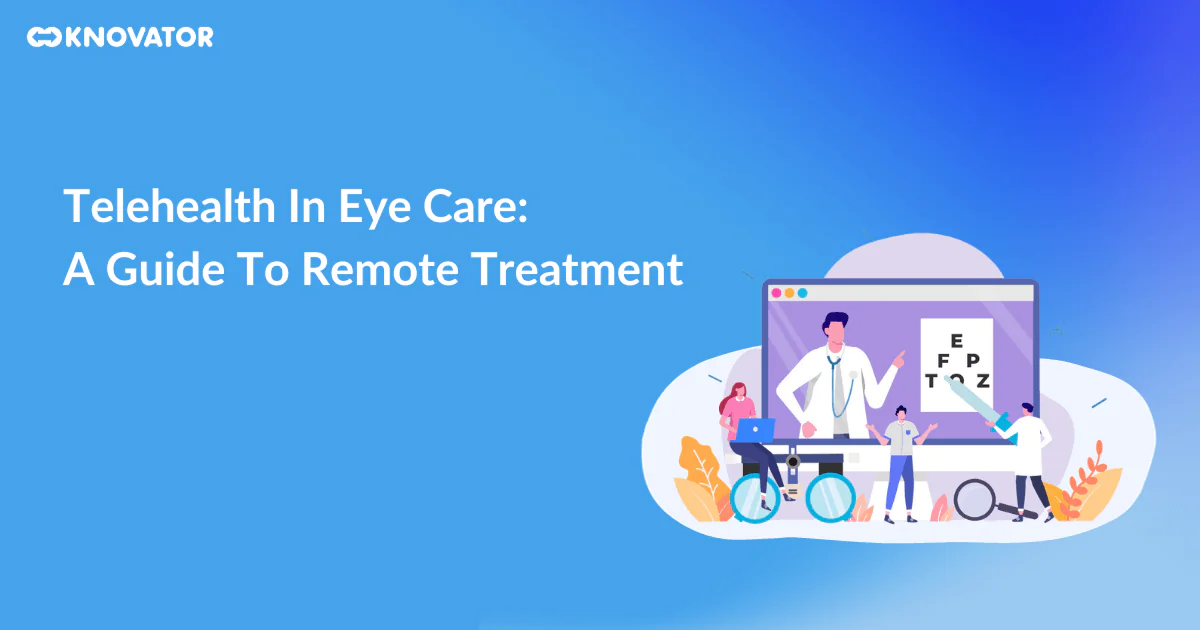Did you know that effective communication in healthcare is very important?
A few years ago, the Joint Commission established that poor communication was a significant factor in medical errors. That’s why good communication between healthcare professionals and patients is essential.
Clear and open communication achieves improved patient safety and better treatment outcomes. It significantly delivers quality healthcare services. In this blog post, we’ll study the top five benefits of effective communication in healthcare. So, let’s get started and explore the power of communication in the healthcare world!
Why Is Communication in Health Care Important?
 Communication in healthcare is super important. When you go to the doctor or the hospital, you want to feel heard and understood, right? Well, that’s where communication comes into play!
Communication in healthcare is super important. When you go to the doctor or the hospital, you want to feel heard and understood, right? Well, that’s where communication comes into play!
Effective communication helps doctors understand what’s happening with the patient. They can make better decisions about a patient’s health when they know the symptoms, concerns, and medical history. It’s like giving them all the puzzle pieces to create a clear picture of the patient’s health.
When healthcare providers explain things in an easy to understand way, it’s like having a friend explain something in simple terms. There’s less confusion and the patient has more control on their health.
Poor communication can be a real problem. Misunderstandings and missed details might happen, leading to mistakes and unhappy patients.
So, when healthcare providers take the time to listen, talk openly, and explain things clearly, the patient feels valued and cared for.
Communication in healthcare is all about building strong relationships. It is about understanding each other and working as a team.
Benefits Of Communication In Healthcare
Many healthcare professionals and teams collect information from patients in hospitals and clinics. It’s crucial to share this information among the healthcare people. So they can create the right treatment plan and prevent untoward things from happening.
Here are some reasons why effective communication is so important in healthcare:
1. Improved Patient-Provider Interactions
 Effective communication is essential for building strong, trusting relationships. Healthcare professionals should listen to their patients and engage in two-way conversations. It shows empathy, and patients feel valued and understood. It leads to enhanced patient satisfaction and a more positive healthcare experience.
Effective communication is essential for building strong, trusting relationships. Healthcare professionals should listen to their patients and engage in two-way conversations. It shows empathy, and patients feel valued and understood. It leads to enhanced patient satisfaction and a more positive healthcare experience.
Effective patient-provider interactions enable a better understanding of the medical history. Healthcare providers can gather critical information. They can make accurate diagnoses and develop personalized treatment plans. Patients understand the treatment recommendations when they feel involved in the decision-making process.
When doctors and patients get along and talk, it helps people get better. Patients who feel at ease talking about their health problems are more likely to follow their treatment properly. It means they can recover faster and don’t have to go back to the hospital as often. So, good communication between patients and their doctors helps make people healthier!
Good communication between patients and healthcare providers helps find problems early. This way, if there are any risks or adverse reactions to medicines, or if the patient’s condition changes, the healthcare providers can act fast. It stops things from getting worse and keeps the patient safe.
2. Increased patient satisfaction
 Effective communication helps patients feel happier and more satisfied with their care. When doctors and nurses talk openly and listen to patients, it makes them feel valued and understood.
Effective communication helps patients feel happier and more satisfied with their care. When doctors and nurses talk openly and listen to patients, it makes them feel valued and understood.
Effective communication lets patients ask questions and share their concerns. When patients feel free to express themselves, they become more involved in decisions about their health. This involvement makes them feel more in control of their treatment, which can lead to better outcomes.
When doctors and nurses simplify medical terms, it’s easier for patients to understand. It makes patients feel more confident about their health decisions because they know what’s happening. Good communication from healthcare providers helps patients take better care of themselves.
Increased patient satisfaction is a direct result of effective communication in healthcare. Healthcare providers can create a patient-centric environment by prioritizing clear and effective communication. It enhances trust, understanding, and overall satisfaction with the care provided.
3. Better Patient Safety
 When healthcare professionals communicate effectively with patients, it helps to prevent mistakes. It ensures that patients receive the best possible care.
When healthcare professionals communicate effectively with patients, it helps to prevent mistakes. It ensures that patients receive the best possible care.
Effective communication among healthcare team members ensures everyone is on the same page. Doctors, nurses, and other staff can share vital information about a patient’s condition, medical history, and treatment plan. It helps them work together smoothly and avoid misunderstandings that could lead to errors.
Effective communication enables healthcare providers to identify potential risks and address them promptly. If there is a concern about a patient’s condition or response to treatment, team members can discuss it openly, leading to timely adjustments in the care plan.
When doctors, nurses, and all healthcare workers talk to each other clearly and honestly, it increases the effectiveness of the treatment. Everyone knows what to do, the risks are understood, and patients are more involved. This teamwork creates a safe place for patients, and they can trust their healthcare team.
4. Fewer Patient Complaints & Readmissions
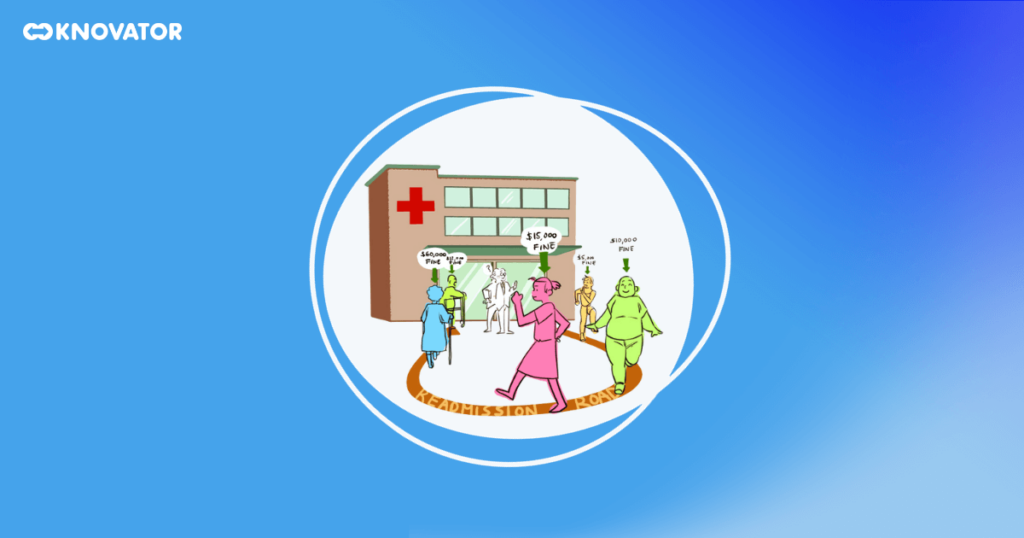 When healthcare providers communicate effectively with patients, it creates a positive and supportive environment. It leads to better outcomes and fewer problems.
When healthcare providers communicate effectively with patients, it creates a positive and supportive environment. It leads to better outcomes and fewer problems.
As you already read, when healthcare providers listen to a patients’ concerns and explain things clearly, they are more likely to be satisfied with their care. They feel valued and respected. It reduces the chances of making complaints about their treatment.
Effective communication helps patients understand their health conditions, medications, and treatment plans. When patients know what to do to care for themselves, they are more likely to do it right. It helps them get better faster and reduces the chance of needing to come back to the hospital again.
Furthermore, effective communication allows healthcare professionals to identify and address potential issues early. When patients feel comfortable sharing any problems they are experiencing, healthcare providers can intervene promptly, preventing complications and readmissions.
In cases of chronic conditions, effective communication is even more critical. Regular follow-ups and discussions with patients help healthcare providers monitor their progress. It makes necessary adjustments to their treatment plans. This proactive strategy can greatly lower the chance of readmissions due to unmanaged health conditions.
5. Better Internal Teamwork & Collaboration
 When doctors, nurses, and other staff communicate effectively, they can work together smoothly. It’s like a well-practiced team working together perfectly.
When doctors, nurses, and other staff communicate effectively, they can work together smoothly. It’s like a well-practiced team working together perfectly.
When the healthcare team knows what’s happening, they can coordinate their efforts. This coordination helps them avoid misunderstandings and work better together. It prevents mistakes and helps ensure that patients receive the best care possible.
Effective communication promotes a positive and supportive work environment. The team members feel comfortable sharing their concerns and ideas. It allows for open discussions and brainstorming. It also leads to innovative solutions and improved patient outcomes.
For example, when a nurse communicates important patient information to a doctor. The doctor can make well-informed decisions about the treatment plan. If the team is communicating well, they can notice critical details. It can avoid making serious errors in patient care.
In emergencies, effective communication is even more crucial. When doctors communicate clearly, they can respond efficiently to save lives.
Additionally, better teamwork leads to increased job satisfaction among healthcare professionals. Feeling supported and connected makes them more likely to stay motivated. It provides high-quality care.
Thus, effective communication in healthcare creates a productive team that can collaborate effectively. It prevents errors and responds efficiently in emergencies. It also enhances job satisfaction and ultimately results in better patient care and outcomes.
Effective Communication: The Key to Better Healthcare!
Effective communication is the heart of quality healthcare services. It is important in improving patient safety, treatment outcomes, and satisfaction. When healthcare professionals effectively communicate with patients, it promotes trust and engagement. Additionally, clear communication makes customers follow treatment plans better.
Moreover, effective communication enhances internal teamwork and collaboration. It leads to more efficient and coordinated care. But, poor communication can result in medical errors, misunderstandings, and patient dissatisfaction.
Thus, healthcare facilities should focus on improving communication skills among their staff. It provides patients with the best possible care. It creates a positive and supportive healthcare environment.

